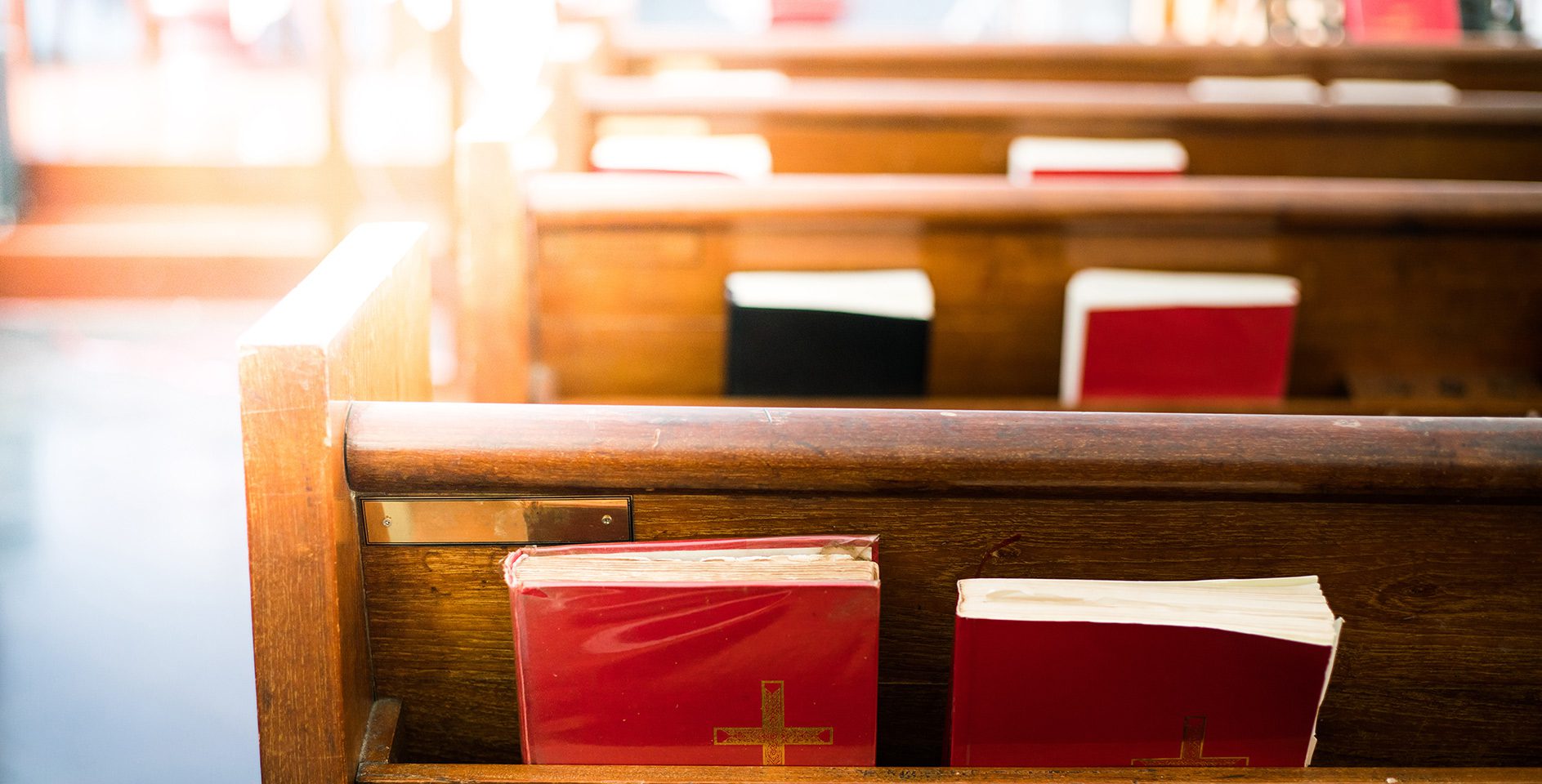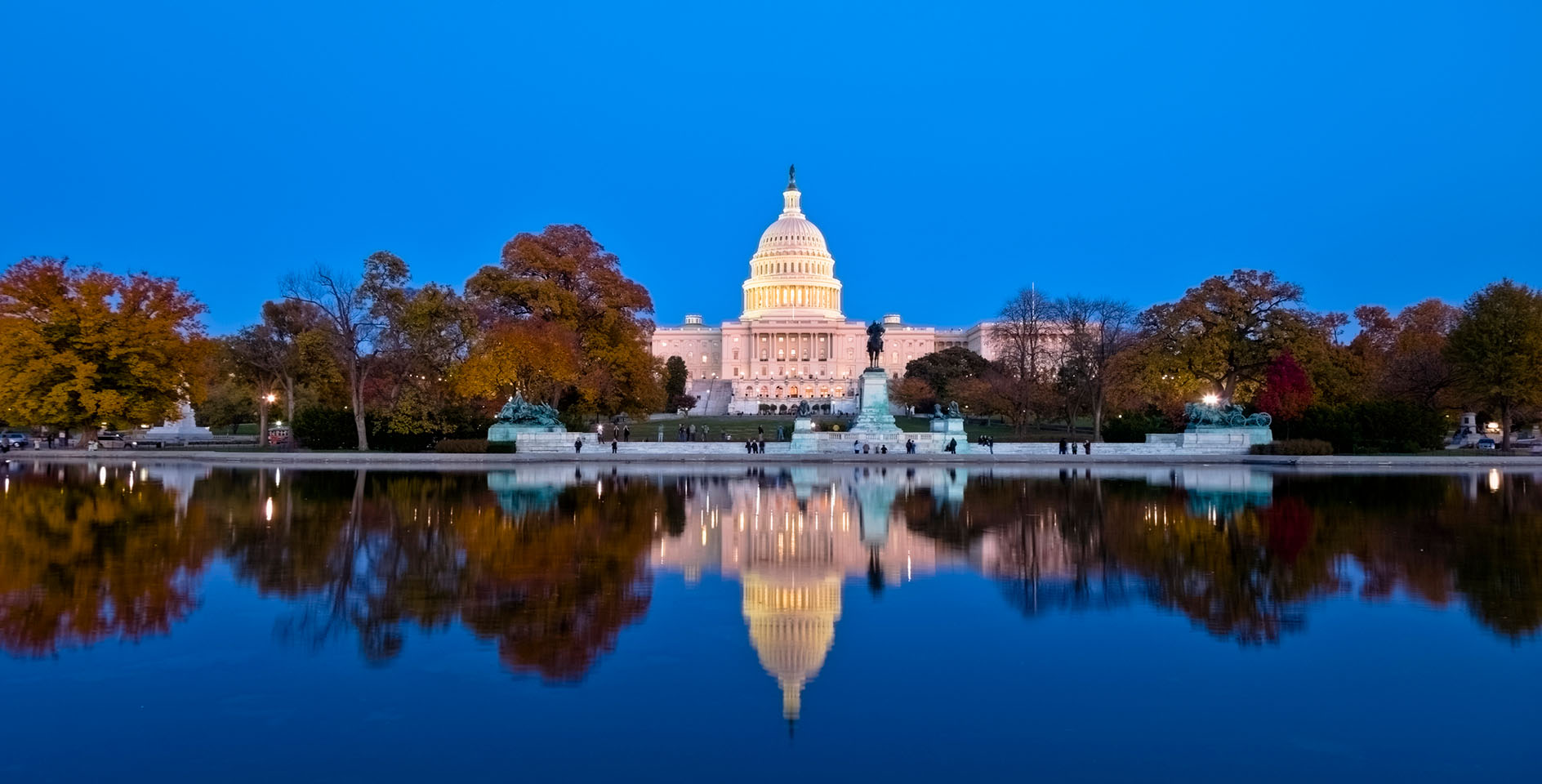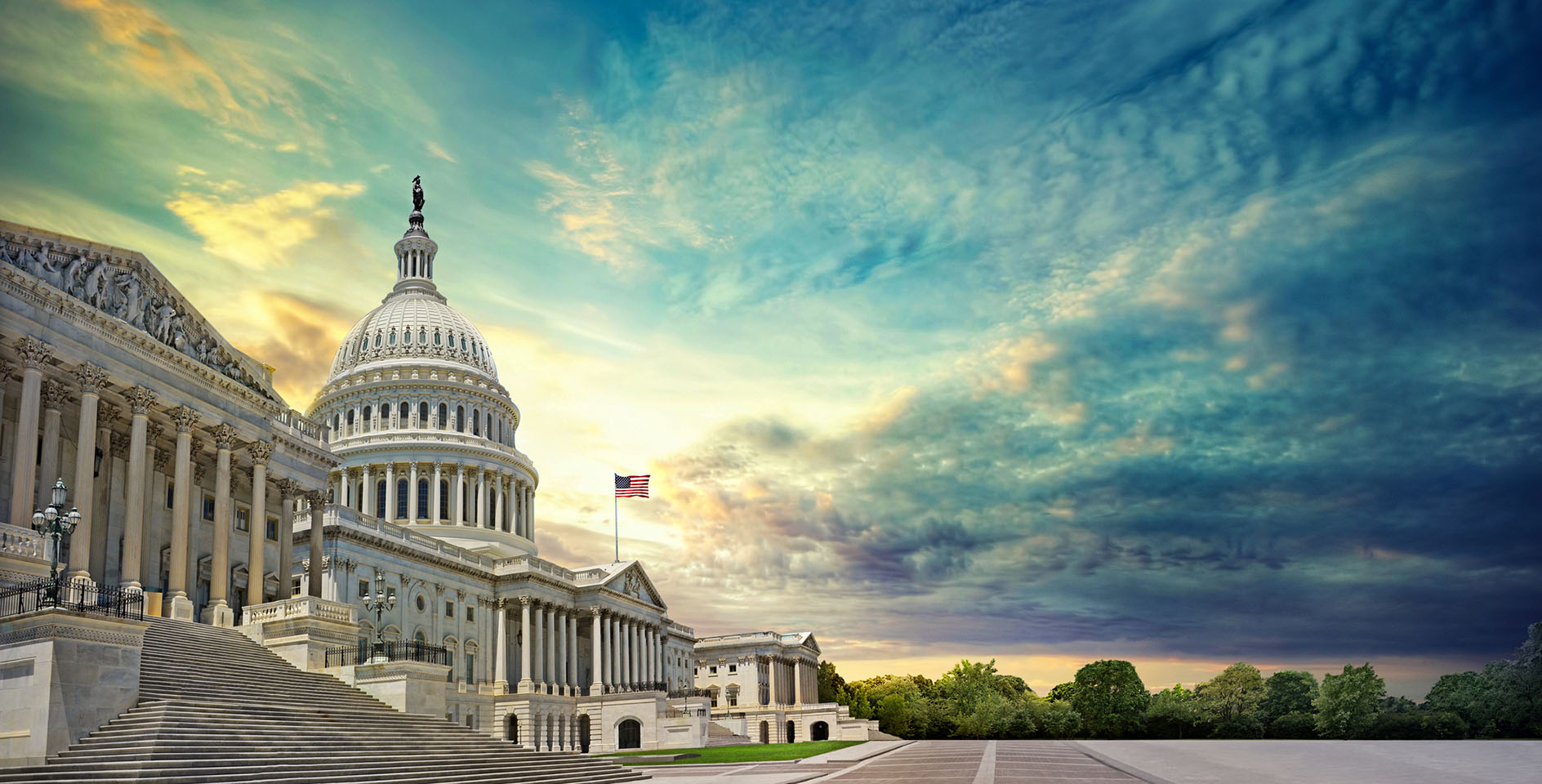America is no longer a Christian nation if one goes by the official membership rolls of churches. According to a recent study by Gallup, church membership dropped below 50% for the first time in their 80 years of studying religion. This follows a decades long trend of increasing disaffiliation, rejection, and apathy of faith by Americans. The data from Gallup points to some trends that all pastors and leaders in ministry should be aware of, but it also holds some important points about how to stem the growing number of people walking away from Christianity specifically, and faith generally.
Problem of decline
The decline noted by Gallup is not a new phenomenon. As Gallup’s polling shows, church membership held steady at roughly 70% for most of the 20th century. However, in the mid-to-late ’90s, there was a sudden uptick in the number of people moving away from religious identity. These “nones” represent the fastest growing segment of the American religious landscape. As Ryan Burge has written in his study of this group, it includes those who are atheists and agnostics as well as those who are “nothing in particular.” It is this third group, who eschew religious labels even as they retain a limited number of religious beliefs, that account for the decrease in religious behavior. For an interview with Burge, view this ERLC article.
However, the rejection of affiliation is not just from those who dismiss the tenets of the faith. Even among believers, formal membership has declined. What can account for this? While there has always been a fluidity to church membership in America’s religious marketplace where people could leave one church and go to another without much trouble, a trend that has accelerated with the rise of larger parachurch organizations and the ability to “go” to church online. But based on the rapid increase, it seems that there are other reasons for this decline rooted primarily in our loss of trust in institutions across society of which religion is just one victim.
Crisis of institutions
The trend toward declining membership began in the late ‘90s and has accelerated over the past two decades. While monocausal explanations are rarely sufficient to capture the complexity of any situation, it is not a understatement to say that the past two decades have revealed deep rot within our institutions and a growing distrust by the public that institutions serve the public good. From the scandals of sexual abuse within Catholicism and Protestantism to the #MeToo revelations in the halls of Hollywood, not to mention abuses by celebrities and leaders (both religious and secular), the last decade especially has evidenced the deep problems that exist.
And the effect of this crisis is that younger generations are less likely to see a reason to join any traditional institution because of a creeping cynicism about the motives and purpose of the institutions. Rather than being places of formation, the institutions are viewed as means for those in power to protect themselves and ensure their ongoing prosperity. And the response increasingly is “Why bother?” Why bother with a church that prioritizes politics over fidelity to the gospel, an abusive leader over protecting the vulnerable, or that is satisfied with “only preaching the gospel” without ever asking what the gospel requires of us when we go into a world filled with injustice? A church that is no more sanctified than the local Kiwanis Club is not worth the effort it takes to invest your life, and at least the Kiwanis don’t require you to give up a Sunday morning. As Russell Moore has said,
“The culture often does not reject us because they don’t believe the church’s doctrinal and moral teachings, but because they have evidence that the church doesn’t believe its own doctrinal and moral teachings. They suspect that Jesus is just a means to an end—to some political agenda, to a market for selling merchandise, or for the predatory appetites of some maniacal narcissist.”
Places of hope and renewal
But it is not all bad news. In fact, the problem reveals the solution, even if it is a generations long project. First, though church membership is declining, religious belief still remains strong. Though the nones are growing, and growing rapidly, over 70% of Americans still identify with some form of organized religion, even if they are unwilling to formally join that religion. As discussed above, it is the institution that needs to be reformed as well as the individual; just because people aren’t on the roll at their church doesn’t mean that they aren’t finding their identity somewhere else. So the task of Christian leaders and congregations is to help situate their members’ identity primarily in the gospel, and especially in the context of a local church that is part of a global body. Institutions are strongest when they are places of character and identity formation.
Someone who goes through the military comes out a certain type of person. He or she has been molded and shaped by the norms of the institution into a person who values, loves, lives, and acts in accordance with institutional norms and expectations, often to such a degree that it is apparent in all areas of their life.
The church should be no different. The decline in church membership is not the real problem, only the evidence of the deeper problem that people are not being formed into the type of people that prioritize the local body. In order to change this, a perspective is required that looks not just at the immediate circumstances, but generations down the line and into eternity. As C.S. Lewis reminds us, it is in the everyday choices that we are being conformed into either a heavenly or hellish creature. It is an ongoing process of formation and molding—or sanctification, to use the terminology of the New Testament—that occurs over a long period of time.
More importantly, the church should hold out the beauty and power of the community that is the church to the world. The early church had its share of struggles and growing pains, with division between rich and poor, Gentile and Jew, and controversies over who had baptized them, all of which were rebuked. They were also called to unity and community because of their shared identity in Christ. It has become increasingly obvious over the past year that we are not meant to live life alone. Isolation is not good for our souls. And the community the church offers in its rituals and membership is a fellowship that goes deeper than just a Kiwanis meeting.
The church is a place of vulnerability as we reveal our pains and hurts. It is a place of love as we are served by and serve those around us. It is a place of welcome as we are brought in without regard for our past and are seated at the table where the cup and bread are passed from one broken individual to another. And it is a place where the markers of identity that matter outside the church—race, gender, income, marital status—are not ignored, but they are subsumed in the deeper identity shared by all who are united to Christ. People are looking for community. May they see the church as a place where they are pursued and welcomed into deep, lasting relationship.










